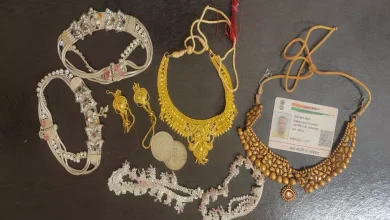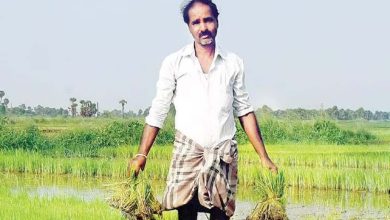Kerala: Women innovators spin success stories out of coconuts

KOZHIKODE: Kerala, known and promoted as “God’s Own Country”, is renowned for its lush landscapes and rich cultural heritage. Besides being blessed with scenic beauty, the state is also a powerhouse in coconut production, accounting for 61% of India’s coconut output and 85% of coir products.
This abundance has paved the way for a wave of remarkable women entrepreneurs who are turning this natural bounty into thriving businesses. Over the past decade, hundreds of women in Kerala have leveraged the versatile coconut to create innovative products and sustainable enterprises, driving the state’s economic growth and social change in their communities.
One standout initiative is Subicsha, a groundbreaking venture that epitomises the entrepreneurial spirit of Kerala’s women. Developed jointly by the Perambra block panchayat and the Indian Institute of Management Kozhikode, Subicsha aims to provide employment opportunities to members of 588 self-help groups (SHGs) and Kudumbashree units in the panchayat. The project is focused on developing micro-enterprises managed by women from below poverty line (BPL) families, tapping into the region’s most abundant resources: coconut and vegetables.
Subicsha’s innovative approach has led to the creation of around 24 coconut-based products, 20 of which have already been developed and marketed. The products range from the traditional coir mats and ropes to the more sophisticated coconut oil, coconut milk, desiccated coconut, and even beauty products made from coconut derivatives. This diversification not only adds value to raw coconut but also opens new markets, domestically and internationally.
Then there are entrepreneurs like Maria Kuriakose and Sumila Jayaraj, who turned their passion for coconuts into successful business ventures, benefiting not only themselves but also local communities.
Sensing the potential of the by-products of coconuts beyond the usual coconut oil and water, Maria, who hails from Palakkad, founded ‘Thenga’, a company dedicated to transforming coconut shells into attractive and practical items such as kitchenware, tableware, and décor, in 2019.
Her innovative approach and dedication helped Thenga achieve significant success, with the company now retailing across India and expanding into global markets. Thenga’s products have caught the fancy of consumers, resulting in substantial monthly earnings exceeding Rs 7 lakh.
Then there is Sumila, a homemaker from Thrissur, who established Greenaura International in February 2012. Despite lacking formal business education or experience, Sumila turned her venture into a thriving enterprise through sheer determination.
Functioning out of a small shed next to her home, Greenaura initially focused on producing coconut oil. Within two years, it expanded to include 13 coconut-based products, including coconut milk and powder, virgin coconut oil, coconut water vinegar, desiccated coconut, coconut pickle, even coconut laddu and cookies. Now, her venture has not only flourished financially and but also supports local farmers by ensuring fair prices for their produce, besides providing employment opportunities, especially to women in the local community.
“The impact of such initiatives extends beyond economic benefits,” opined Ramesh Nair, a business analyst. “Women involved in these enterprises gain financial independence, which, in turn, boosts their confidence and social standing. Its effect is seen in improved living standards for their families and a stronger, more resilient rural economy,” he said.
Latha Viswanatha, an entrepreneur from Koyilandy, has been creating several coconut by-products for the past five years with the support of Kudumbashree. According to her, the use of a coconut tree goes well beyond the fleshy white meat. “It’s an extremely useful plant and every bit of it can be used. From its incredibly intricate and clever root systems designed for sandy soil in tropical climates to its leaves, trunk and the fruit itself, everything has a purpose,” she said.
Copra, coconut fibre, coconut peat, coconut charcoal, coconut flesh and milk, coconut oil and sap, handicrafts out of its shell, coir and others are some of the extremely common by-products, said Latha.
Kerala’s coconut industry has a long and storied history, with coir products being a significant part of its economic fabric for centuries. The modern wave of women entrepreneurs is building on this legacy, transforming the humble coconut into a symbol of empowerment and sustainable development. The state’s focus on supporting women-led businesses in this sector is not only driving economic growth but also promoting gender equality and social inclusion.





